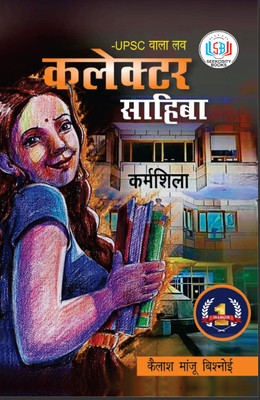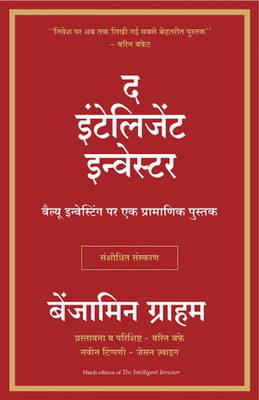

Sale starts in01 days 05 hrs : 07 mins : 53 secs
Share
Three Men: A Novel (Paperback, Maksim Gorky)
Be the first to Review this product
Special price
₹287
₹475
39% off
Coupons for you
T&C
Available offers
T&C
T&C
T&C
T&C
Delivery
Check
Enter pincode
Delivery by25 Sep, Thursday
?
View Details
Highlights
- Binding: Paperback
- Publisher: Zinc Read Publisher
- Genre: Fiction Books
- ISBN: 9789362438935
- Edition: 2024
- Pages: 304
Services
- Cash on Delivery available?
Seller
Description
The novel centers around three men—Yakob Ivanovich, Matvei Savvich, and Piotr Ivanovich—who live in a small provincial town in Russia. Each of these men represents different aspects of Russian society at the turn of the 20th century, and through their interactions and individual stories, Gorky explores the broader social, political, and philosophical issues facing Russia during this period.
Yakob Ivanovich is a small-time shopkeeper, whose life is dominated by the mundane routines of his business and family obligations. He represents the conservative and traditional mindset, content with the status quo and wary of change. Matvei Savvich, on the other hand, is a more idealistic character, filled with a desire for social justice and progress. He is deeply concerned with the plight of the poor and the working class and often finds himself at odds with the other two men over his radical ideas. Piotr Ivanovich is a bureaucrat, a man who is deeply entrenched in the state apparatus and represents the oppressive mechanisms of the government.
As the novel progresses, Gorky delves into the inner lives of these three men, highlighting their struggles, desires, and conflicts. The novel is less about plot and more about the exploration of ideas and the depiction of the characters' psychological and emotional states. Through their conversations and interactions, Gorky addresses themes such as social inequality, the role of the individual in society, and the tension between tradition and progress.
Read More
Specifications
| Publication Year |
|
Manufacturing, Packaging and Import Info
Be the first to ask about this product
Safe and Secure Payments.Easy returns.100% Authentic products.
Back to top




